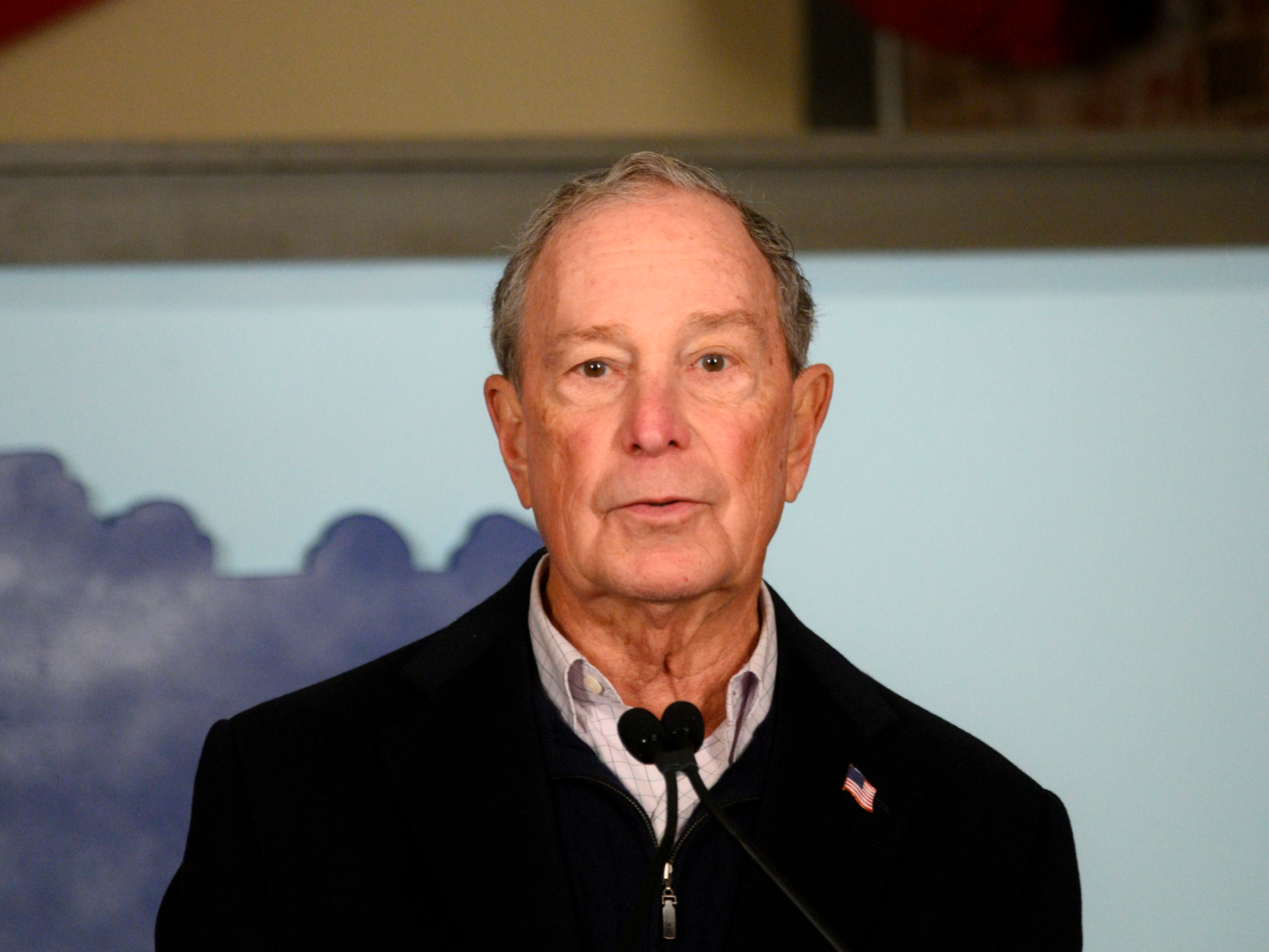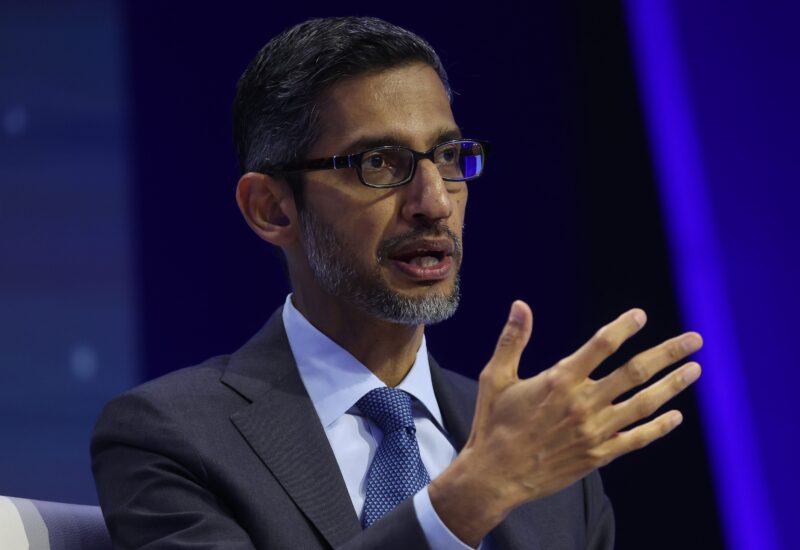- Billionaire presidential candidate Michael Bloomberg is being mocked on Twitter for his plan to rearrange the White House if elected.
- Bloomberg’s “open office plan” includes turning the White House’s East Room into a space where the President and his staff can work together – saving the Oval Office for “official functions,” he tweeted Monday.
- One Twitter user said the layout “would rank in popularity somewhere between heartburn and terrorism,” while others pointed out that an open office would not be conducive to discussing matters of national security.
- Bloomberg tweeted that the new layout will improve teamwork, but research has shown that open offices tend to have the opposite effect on workers.
- Visit Business Insider’s homepage for more stories.
Michael Bloomberg is still a long way from being elected president, but that hasn’t stopped the billionaire presidential candidate from redesigning the White House.
Bloomberg plans to remodel the East Room with an “open office plan” so he can work in close proximity to his staff, he tweeted Monday.
The East Room is currently reserved for hosting events, and administration staffers have offices in the West Wing and the nearby Eisenhower Executive Office Building, according to the White House Historical Association and the archives of the Obama White House.
“I’ll use the Oval Office for some official functions – never for tweeting – but the rest of the time, I’ll be where a leader should be: with the team,” Bloomberg announced on Twitter.
As president, I'll turn the East Room into an open office plan, where I’ll sit with our team.
I’ll use the Oval Office for some official functions – never for tweeting – but the rest of the time, I’ll be where a leader should be: with the team. https://t.co/zIU3ZL5uIv pic.twitter.com/jLwWKJCmxw
— Mike Bloomberg (@MikeBloomberg) December 30, 2019
Twitter largely disagrees.
One user said the layout "would rank in popularity somewhere between heartburn and terrorism," while another suggested that Bloomberg use the money that would go into the remodel to "fix Flint MI's water supply, or donate to DEM Senate candidates, or make an actual difference rather than fuel his ego project." Others pointed out that an open office would not be conducive to discussing matters of national security.
Yeah, open-office plans. AKA "cattle stalls".
That working arrangement would rank in popularity somewhere between heartburn and terrorism.
America doesn't need another bored billionaire who thinks the presidency would be a fun hobby.
— Steve F. (@backyardsage) December 31, 2019
As president, I'll turn the East Room into an exact replica of The Babylon from 'Scarface.' pic.twitter.com/obrnGsfuxQ
— Billy Corben (@BillyCorben) December 31, 2019
Here’s how you can discuss top secret national security issues with an open office plan. pic.twitter.com/D5j92fdJh1
— matthew 🍔 (@beingreleased) December 30, 2019
A spokeswoman of Bloomberg's campaign defended the proposal in a statement to Business Insider, saying: "As the founder and leader of one of the fastest growing and most effective businesses in the world, which employs over 20,000 people across 73 countries, Mike has successfully implemented open office plans both in his business and for twelve years as the Mayor of New York City. Unlike Donald Trump, Mike and his teams are successful because he has built his career on tearing down walls and building environments where people work together to get big things done."

Despite Bloomberg's claims that the proposed layout will make him a more effective leader, research has shown that open offices lead to mixed outcomes on workplace performance and wellbeing, to say the least.
Opens have been found to increase burn out, job dissatisfaction, and performance by eliminating privacy, Business Insider's Allana Akhtar and Drake Baer previously reported. Bloomberg isn't the only prominent executive to advocate for open offices in an effort to connect with their teams, however. Goldman Sachs CEO David Solomon told employees that the investment bank's executives will adopt open offices earlier this month, Business Insider's Dakin Campbell reported.
Bloomberg LP's offices are all open format, the CEO wrote in a December 17 LinkedIn post. Bloomberg wrote that he adopted the same policy at City Hall during his tenure as New York City mayor, and credited it with fostering trust among the staff and reducing leaks.
Bloomberg built a $54 billion dollar fortune after cofounding media company Bloomberg LP, which now brings in $10 billion in annual revenue. Bloomberg LP's success has made the former New York City mayor the ninth richest person in the US, Business Insider previously reported.
The office layout controversy comes days after reports that Bloomberg used inmates in an Oklahoma prison to make calls for his presidential campaign. The campaign said it was unaware that the New Jersey-based call-center company ProCom that it contracted through a third-party vendor operated out of state prisons, and that it stopped working with the firm when it found out.











